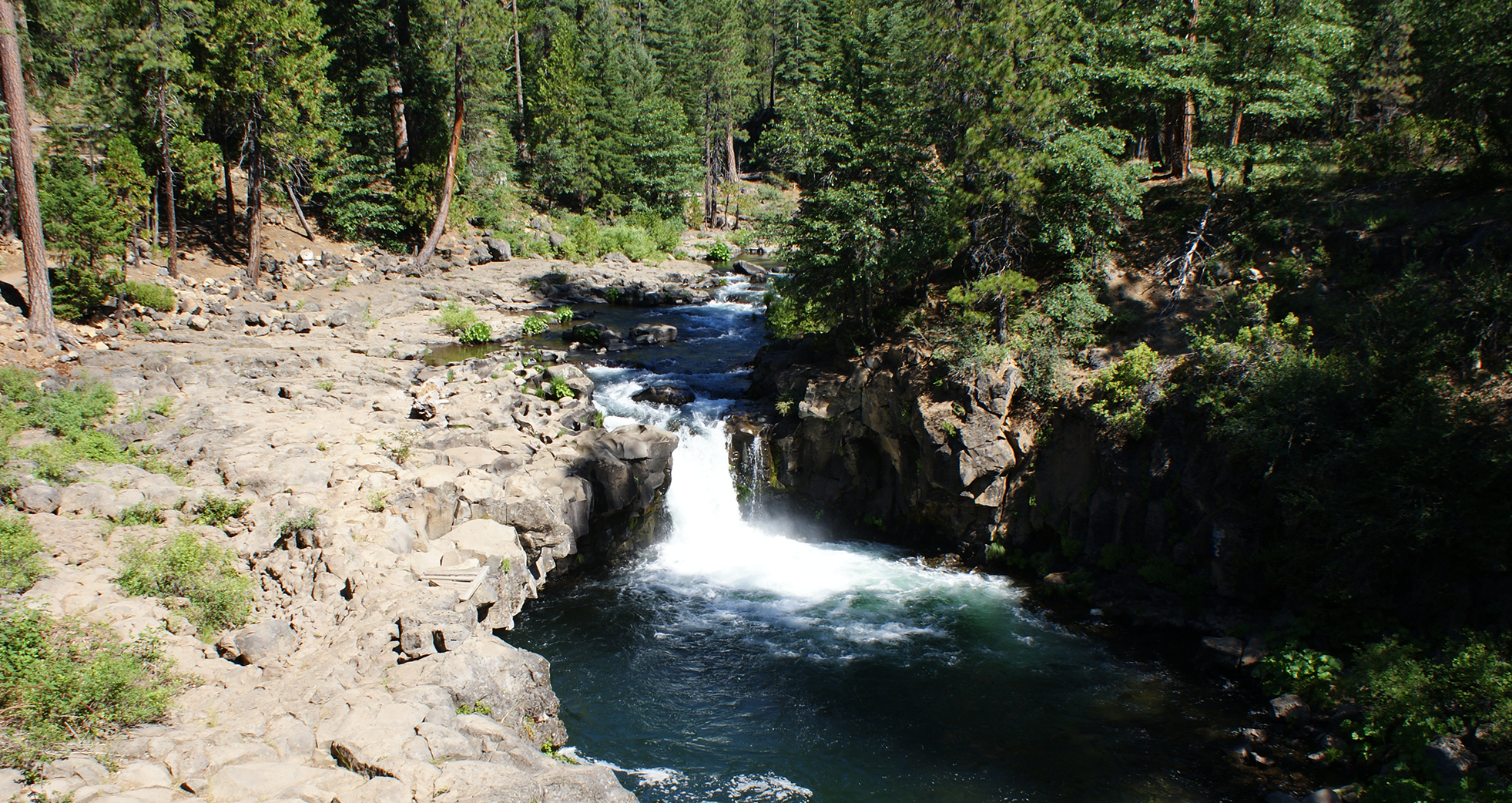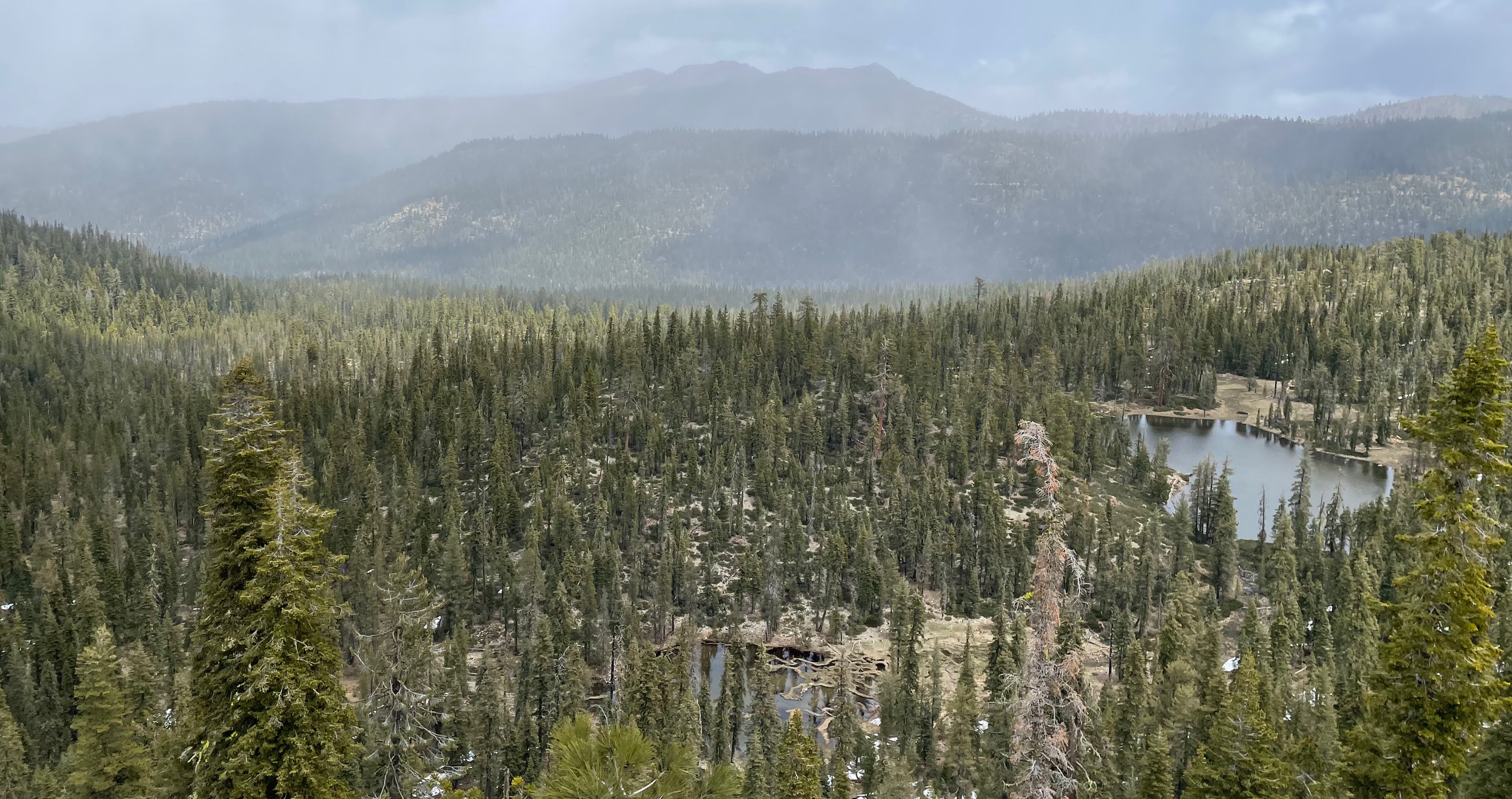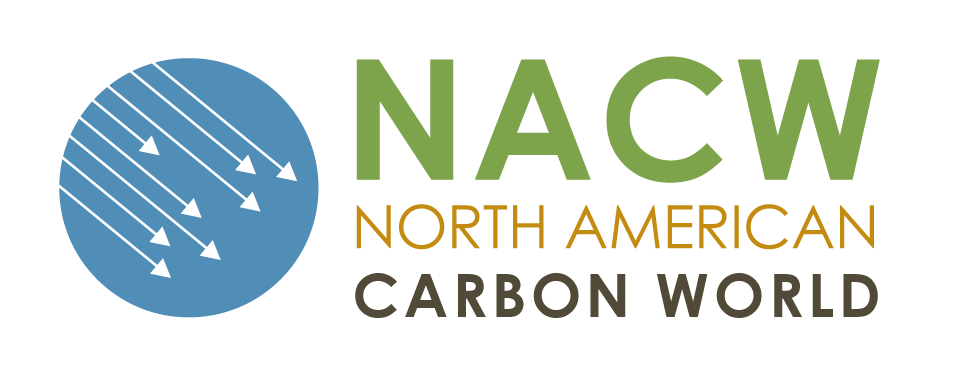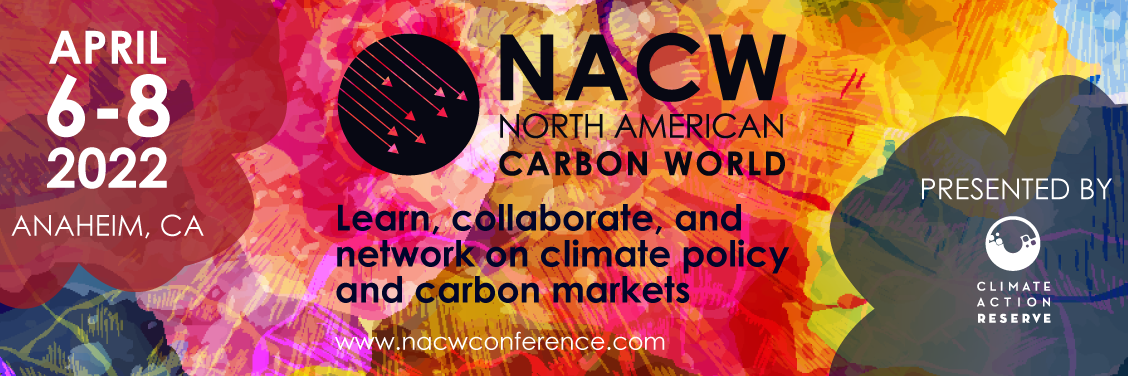FOREST FLASH March 2022
In Pacific Forest Trust’s e-newsletter, Forest Flash, we send you the most recent PFT news and updates on forests, clean water, climate, and wildlife. Subscribe here.

Vibrant forest watersheds are critical for our water supply. But our approach to protecting forests for water has largely been regulatory, aimed at stopping poor management practices, rather than promoting desired functions. When the Clean Water Act, the landmark federal law to protect cool, clean water for all Americans, was enacted fifty years ago, the visible impacts of pollution were fires on the Cuyahoga River and massive fish kills. Today, the most common pollutant in our nation’s waterways is sediment, coming primarily from our forests and farms. Elevated temperatures are also a pervasive threat to water quality and fish survival, and the condition of our forest watersheds has a huge influence on both of these factors.
Additionally, forest condition impacts the amount and timing of water release, which are even more significant in the current drought. Restoring forest watershed health benefits more than water – it also reduces fire risk and improves habitat. Because of this, PFT advocates a new approach to managing forests proactively for their water benefits, and we’re celebrating the role of forests for water at our upcoming Forest Fete, on April 20. Our April 7 webinar, Seeing the Forests: For the Water, focuses on how forest watershed health and management impacts watershed function. Three leading experts – Dr. Roger Bales, Dr. Jerry Franklin, and Dr. Julia Jones – will explore the issues and answer your questions on this vital topic.

The Trinity River sustained the Hoopa and Yurok people, as well as myriad fish, plants and wildlife, for millennia. In turn, these people honored the river, deriving their identity from it, as the Trinity River was originally named the Hoopa, or Hupa, by the Yurok people. European Americans have treated this river quite differently, mining it extensively since the 1800s, logging its watersheds and damming it for water to grow the state’s irrigated agricultural economy. PFT has committed to protecting and restoring nearly 10% of the Upper Trinity watershed in an unusual partnership between PFT, a willing private landowner, MichiCal Timber Company, and our colleagues with the Watershed Research and Training Center (WRTC). Our project will acquire 11,000 acres at the very top of the watershed, protect it with a working forest conservation easement, and then convey it to WRTC to be managed to benefit both ecological and human communities.
The Upper Trinity Watershed, part of PFT’s Healthy Watersheds California project, is both exceptionally biodiverse and water-rich but has very unstable soils and lies in a major fire zone. An extensive road network, created for timber and mining, causes significant erosion into the Trinity Lake Reservoir, the 3rd largest in the state. The Trinity watershed has very steep slopes, and the reservoir would have significantly increased erosion were these to burn. Protecting this watershed is critical for both the entire state’s water supply and its biodiversity—meeting two key state goals for water security and 30×30. As we near completion on the acquisition structure, conservation planning and terms of a working forest conservation easement, the Trinity Headwaters project is a compelling opportunity to show how protecting forests supports our water, wildlife and economy statewide, while supplying local restoration jobs and enhancing community identity.

As forest and other natural carbon offsets are increasingly under scrutiny and carbon markets continue to grow, it is more important than ever to understand how that market works, as well as the factors and trends affecting it. The CAR North American Carbon World annual conference, April 6-8, 2022, provides just the opportunity to learn about the latest developments in the market. The conference serves as an opportunity for attendees to learn, collaborate and network with leading climate professionals from throughout North America to gain actionable insights for bold climate solutions.
PFT has a long history of collaboration with CAR and is proud to sponsor the conference. Having developed the first carbon offset project for the voluntary California market in 2004, the Van Eck Forest, PFT transitioned this project to the compliance market in 2014 and is listed with CAR. The Van Eck Forest had its most recent offsets verified and were issued by the California Air Resources Board in mid-March 2022. To learn more about forest carbon offsets, read our February 2022 Forest Flash.
Give with confidence. Charity Navigator awarded Pacific Forest Trust a perfect score in finance and accountability.


